Japan's COVID-19 border controls were eased on Tuesday with the limit on new entrants to the country being raised to 5,000 per day from an initial 3,500.
In addition, those entering the country, both Japanese and foreign, will be subjected to far less stringent quarantine measures and in some cases, quarantine protocols will be exempted.
The daily cap of 5,000 new entrants will include foreign nationals who are not tourists being allowed to gain access to the country.
According to the Immigration Services Agency of Japan, however, more than 400,000 people eligible for visas to enter Japan have been prevented from entering the country as of Jan. 4.
Japan's stringent border controls, a result of the COVID-19 pandemic and particularly aimed at preventing the highly transmissible Omicron strain of the virus entering the country from overseas, have been strongly criticized by business and academic bodies both here and overseas, as students and business people have long been left in limbo.
Those coming to Japan will now be asked to quarantine here for three days and be required to test negative for COVID-19 on their final day of quarantine.
Inbound travelers who have been triple-vaccinated and have departed from countries where the virus situation is under control, will be exempt from having to quarantine.
Japan's top government spokesperson, Chief Cabinet Secretary Hirokazu Matsuno, said that overseas foreign students and technical interns working on training programs have been waiting for a long time to enter Japan.
Matsuno said Japan is seeking to allow more people in.
"By considering infection situations in Japan and abroad as well as the demand of Japanese nationals returning, we will increase international traffic in steps," Matsuno said.
The immigration agency said that around 152,900 people out of 407,600 people wanting to enter Japan are students.








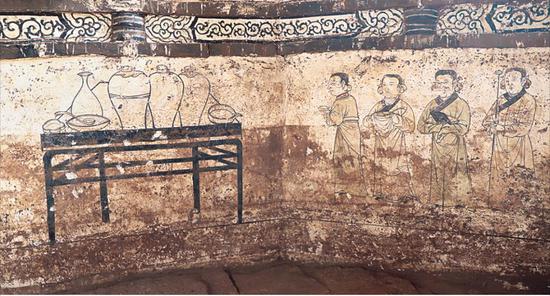
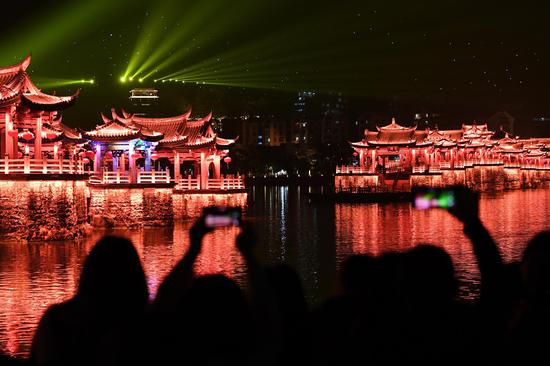
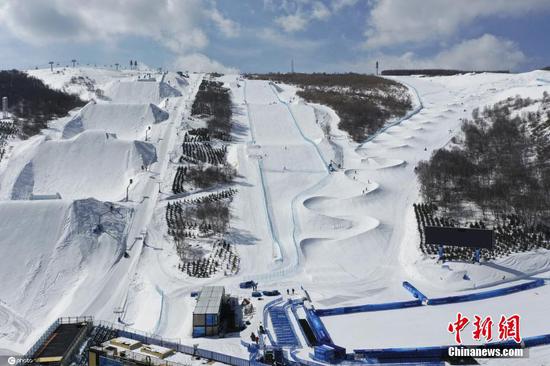

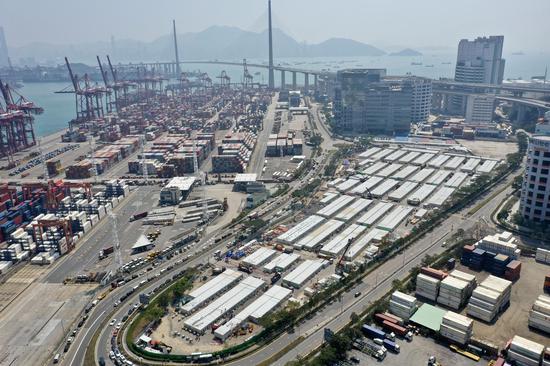
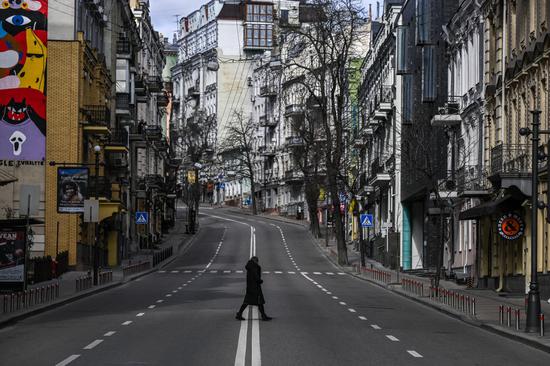
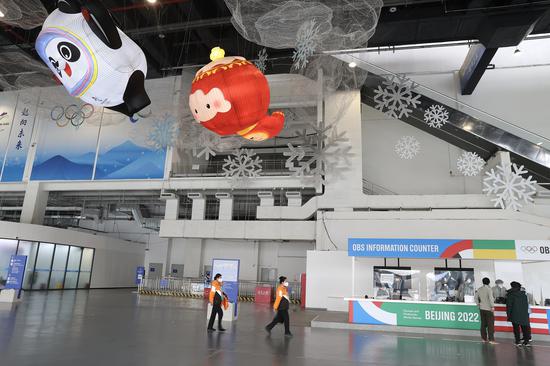




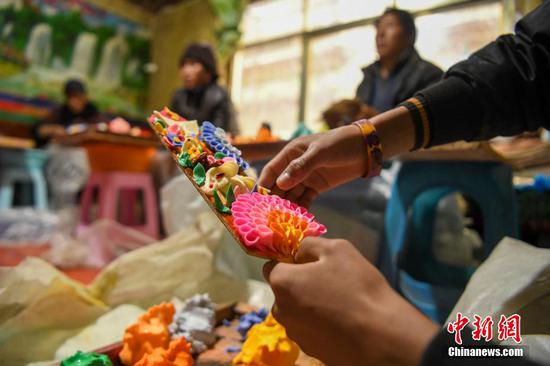


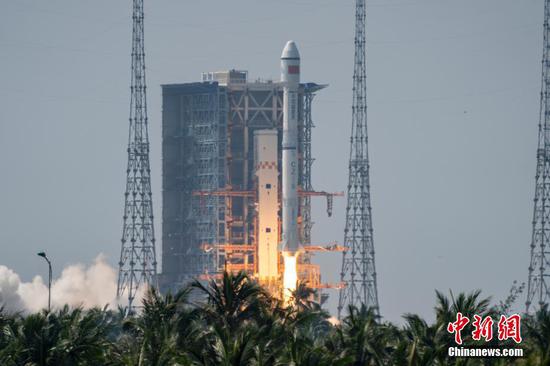
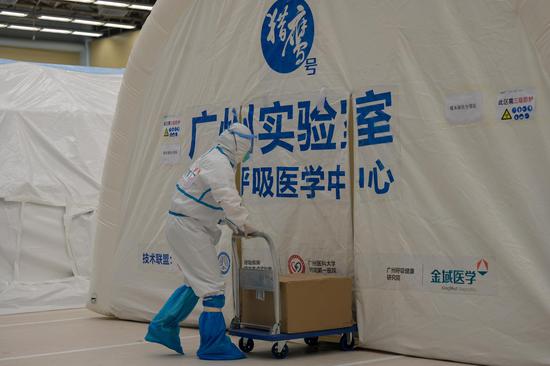
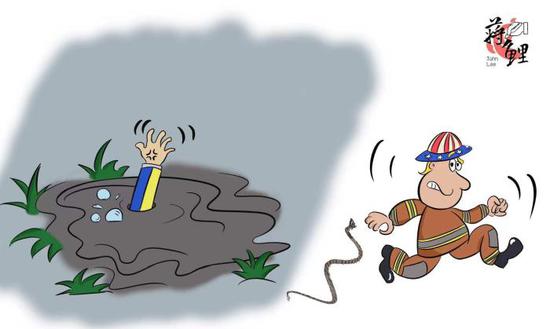


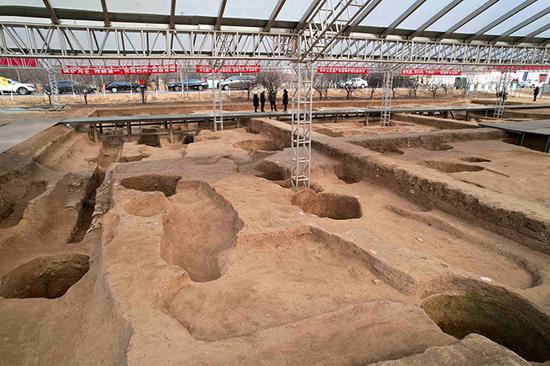

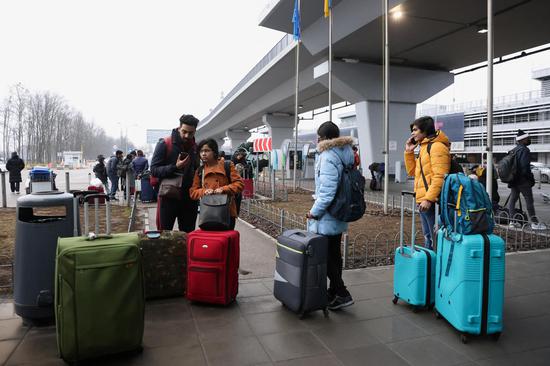
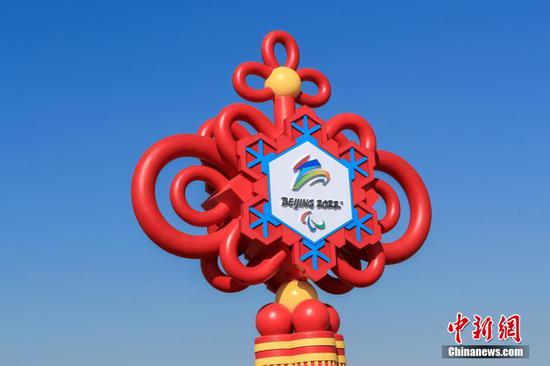
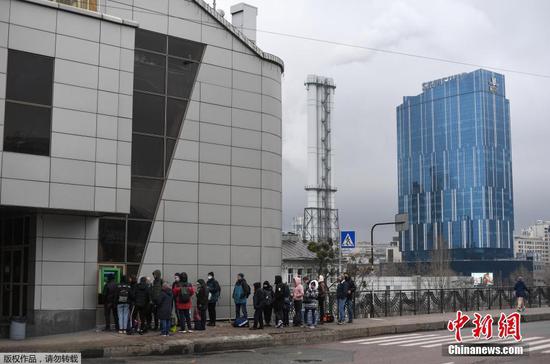
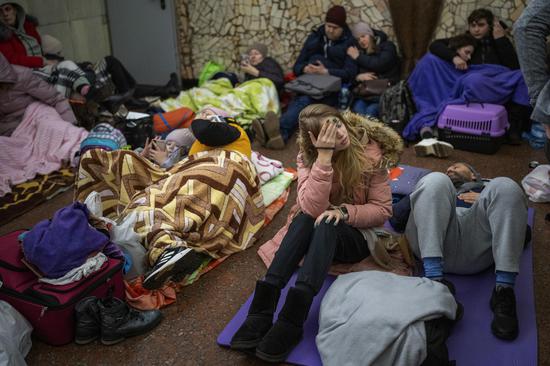
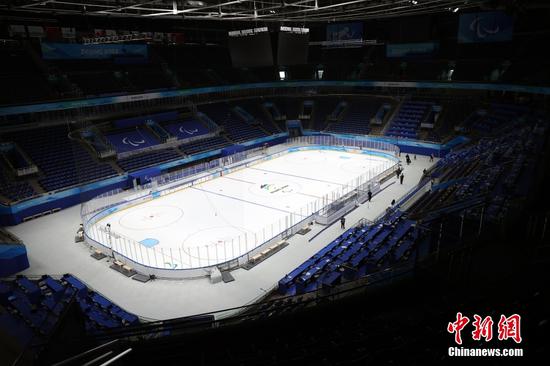


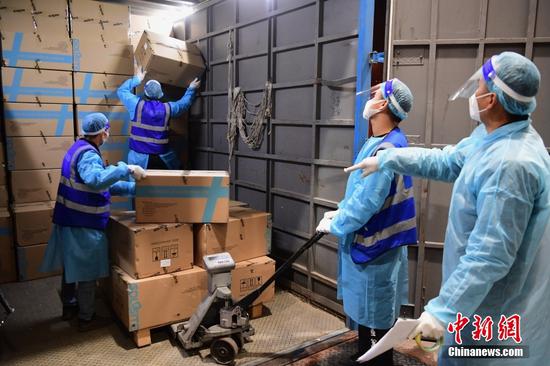
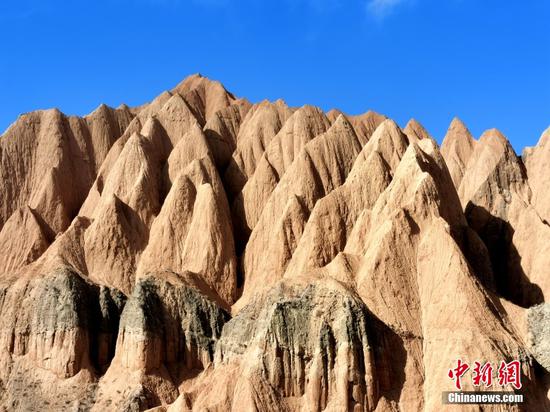

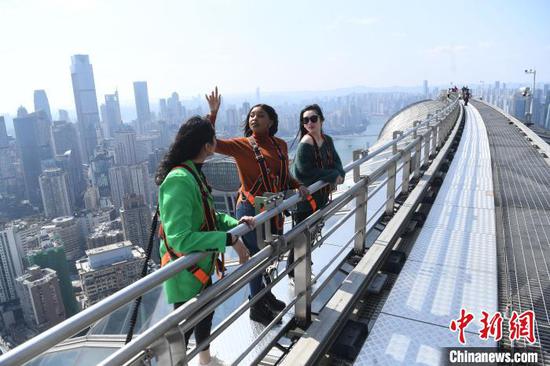

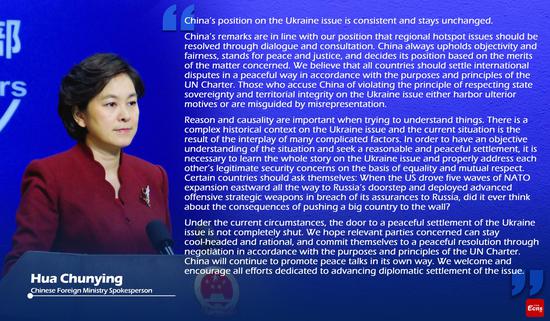
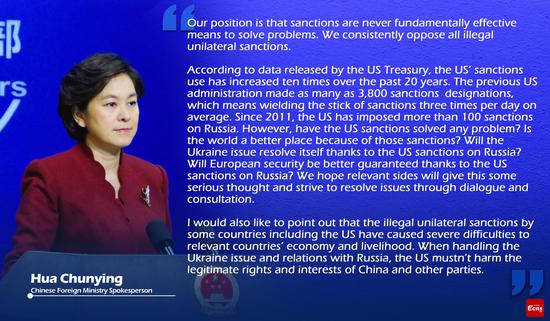







 京公网安备 11010202009201号
京公网安备 11010202009201号